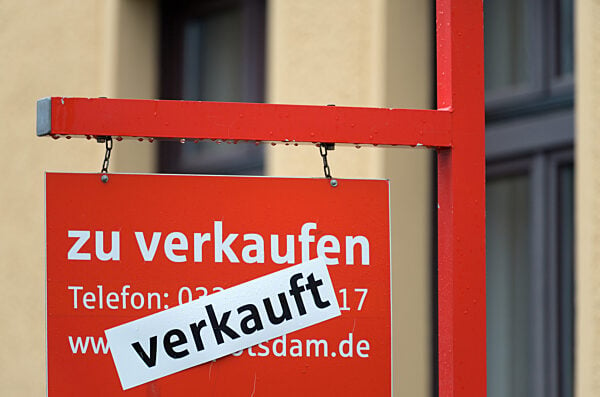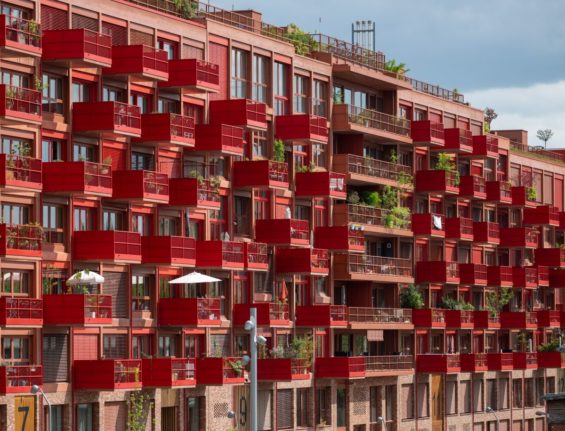There are no general restrictions that would prevent foreigners from buying properties in Germany.
So if you’re thinking about buying a house in the Bundesrepublik, you are free to apply for a mortgage to make it happen. But you will need to make sure that you have a few boxes checked.
Generally mortgage requirements include: having the legal right to reside in Germany and being currently employed in the country. (Your employer or your business, if you are self-employed, also needs to pay taxes in Germany.)
Finally you need to be able to cover the closing costs of the purchase with your own money. These costs can be expected to equate roughly 15 percent of the purchase price.
EU nationals generally enjoy similar treatment to German citizens, in terms of borrowing limits on their mortgages, which can be as high as 100 percent of the property value. However some lenders might ask for a larger deposit upfront when dealing with non-German citizens.
Can temporary residence visa holders still apply for a mortgage?
As long as you have a temporary residence permit, you may be eligible for a mortgage in Germany. But you will likely need to show that you are steadily employed and earning a reasonable income.
This means that your residency permit must be one that allows you to work in Germany.
In most cases, minimum mortgage requirements include being employed by a Germany company for at least the past three months – and out of your probation period. The typical Probezeit in Germany lasts six months.
Additionally your monthly salary probably needs to be above €1,500, or more depending on the price of the property you intend to get a loan for.
If you are self-employed, you may face additional challenges, as entrepreneurs tend to be seen as risky investments. That said, you can strengthen your application by providing proof of sufficient income over time (the longer the better).
How can you improve your chances of getting a mortgage?
It’s worth noting that temporary residents are generally considered to be higher risk applicants than German nationals or even permanent residents. So fewer banks are willing to sign-off on mortgages for temporary residents, and they may demand bigger deposits.
READ ALSO: EXPLAINED – How German citizenship differs from permanent residency
Your chances of being approved for a mortgage will likely be improved if you obtain a permanent residence visa.
A mortgage application will require the following documents:
- An official ID, like your passport
- Copy of your residence permit
- Your registration certificate (Anmeldebescheinigung)
- Proof of German pension scheme, or your social security ID
- Proof of available equity
- Documents regarding the property such as its land registry extract, property assessment, and floor plan
Additionally temporary residents will likely need:
- Salary slips from the last three months
- A salary statement from the previous year (Lohnsteuerbescheinigung)
For more housing and mortgage information, visit The Local’s property page.




 Please whitelist us to continue reading.
Please whitelist us to continue reading.
Member comments